Artificial Intelligence (AI) is transforming the way we handle data. With the rise of machine learning and deep learning, having the right database is crucial for efficient data management and analysis. In this article, we will explore the best AI databases to use for AI search in 2024, focusing on their features, benefits, and real-world applications.
What is an AI Database?
An AI database is a specialized type of database designed to support AI models and machine learning applications. Unlike traditional databases that store data in rows and columns, AI databases handle large and complex datasets more efficiently. They are optimized for tasks like querying, analyzing, and retrieving data quickly.
Why Are AI Databases Important?
AI databases are essential for several reasons:
- Speed: They can process vast amounts of data rapidly, which is crucial for real-time applications.
- Scalability: They can grow with your data needs without sacrificing performance.
- Flexibility: They often support unstructured data types like images, text, and videos, making them suitable for various applications.
Top AI Databases for 2024
Here are some of the best AI databases you should consider using in 2024:
Special Shout-Outs to Innovative AI Databases
In the rapidly evolving world of artificial intelligence, databases play a crucial role in managing and retrieving vast amounts of data efficiently. Here’s a special shout-out to some of the most innovative AI databases that are making waves in 2024
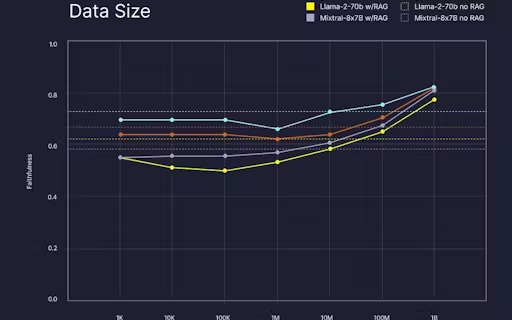
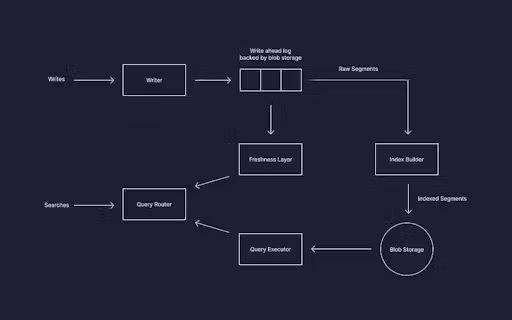
Pinecone provides long-term memory capabilities for AI applications, allowing models to retain and recall past interactions, which enhances their adaptability and performance over time. Its managed vector database is designed for scalability and low-latency queries, making it ideal for real-time applications.

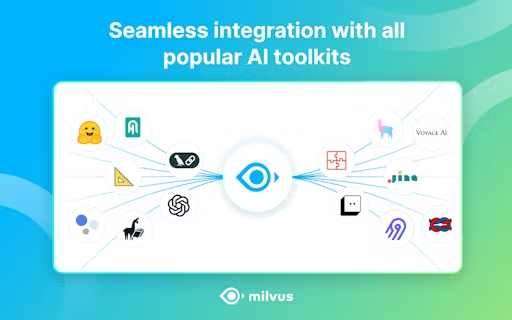
Milvus is a high-performance open-source vector database specifically built for handling billions of vectors, making it perfect for similarity searches in AI applications. Its scalable architecture and diverse indexing options enable rapid querying and efficient data retrieval, powering many large-scale AI solutions.
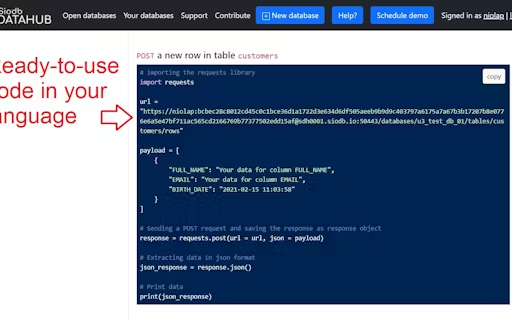
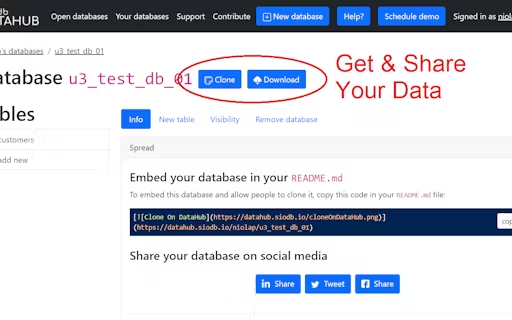
Siodb focuses on securing data and protecting user privacy, offering advanced encryption techniques and access controls to safeguard sensitive information. This database is designed to meet the growing demand for secure data management while maintaining robust performance.
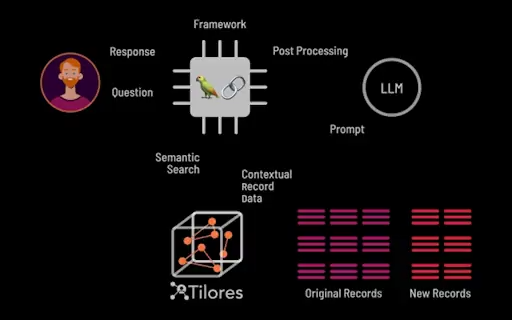
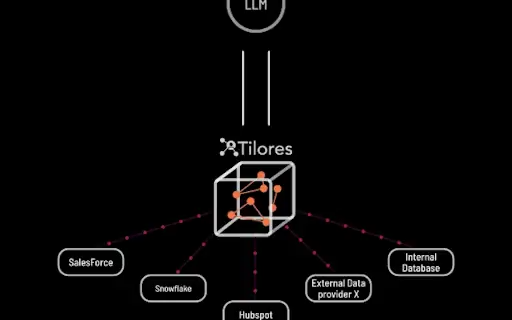
Tilores specializes in customer data search, unification, and retrieval tailored for large language models (LLMs), streamlining access to diverse datasets. By integrating customer information from various sources, Tilores enhances the efficiency of AI applications that rely on accurate and timely data retrieval.
1. MongoDB
MongoDB is a popular NoSQL database known for its flexibility. It allows you to store various types of data without a predefined schema. This makes it ideal for AI applications that require handling unstructured data. MongoDB’s ability to scale easily makes it a favorite among developers.
2. Cassandra
Apache Cassandra is another NoSQL database that excels in handling large volumes of data across multiple servers. Its architecture ensures high availability and fault tolerance, making it perfect for applications that need constant uptime—like those used in AI.
3. PostgreSQL
PostgreSQL is a powerful relational database that supports advanced queries and complex data types. It has features that make it suitable for machine learning tasks, such as support for JSON data types and extensions like PostGIS for geographical data.
4. Redis
Redis is an in-memory database known for its speed and efficiency. It supports various data structures like strings, hashes, lists, and sets. Redis is particularly useful for real-time analytics and caching in AI applications.
5. Vector Databases
Vector databases like Milvus are designed specifically for managing high-dimensional vector data generated by machine learning models. They excel at similarity searches and are increasingly used in recommendation systems and image retrieval tasks.
6. Astra DB
Astra DB by DataStax is a fully managed NoSQL vector database built on Apache Cassandra. It offers high availability, scalability, and security features tailored for AI workloads. Astra DB supports vector search capabilities essential for similarity-based queries in generative AI applications.
Benefits of Using AI Databases
Using an AI database comes with numerous advantages:
- Enhanced Decision-Making: By processing large datasets quickly, these databases provide insights that help businesses make informed decisions.
- Improved Efficiency: They streamline workflows by allowing faster access to the necessary data.
- Better Performance: Optimized for specific tasks related to AI, they outperform traditional databases in many scenarios.
Real-World Applications
AI databases are being used across various industries:
- Healthcare: Storing patient records and analyzing them for better treatment options.
- Finance: Fraud detection systems rely on fast querying capabilities to identify suspicious transactions.
- E-commerce: Recommendation engines use these databases to suggest products based on user behavior.
Choosing the Right AI Database
When selecting an AI database, consider the following factors:
- Data Type: Determine if you need to handle structured or unstructured data.
- Scalability Needs: Choose a database that can grow with your business requirements.
- Performance Requirements: Look for speed and efficiency based on your specific use case.
Conclusion
As we move into 2024, the importance of choosing the right AI database cannot be overstated. With options like MongoDB, Cassandra, PostgreSQL, Redis, vector databases like Milvus, and Astra DB available, organizations have powerful tools at their disposal to enhance their AI capabilities. By understanding the unique features and benefits of these databases, businesses can harness the full potential of artificial intelligence to drive innovation and improve decision-making processes.In summary, whether you’re building a recommendation system or analyzing healthcare data, selecting the right AI database will significantly impact your project’s success!
Product Hunt’s Latest Article on Best Artificial Intelligence DataBases to try out in 2024





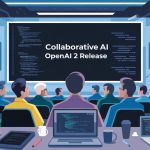




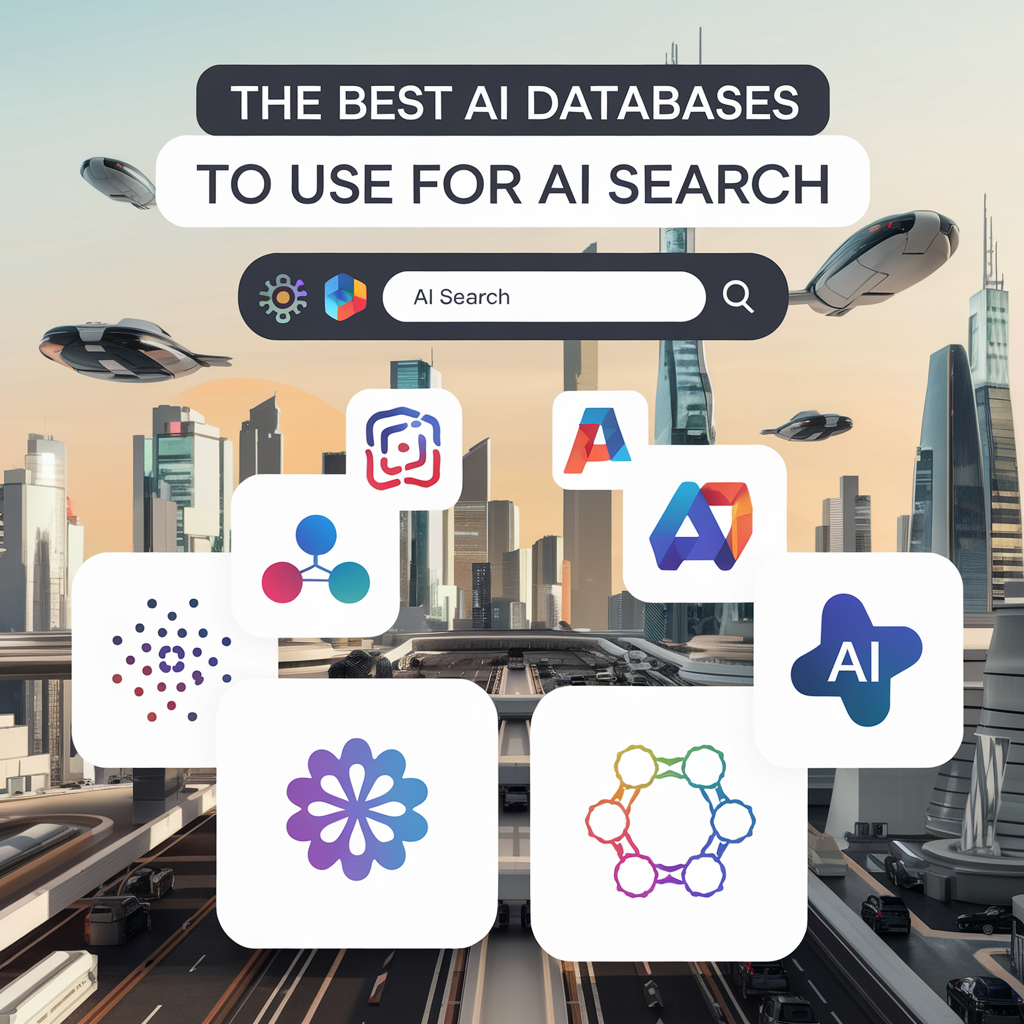

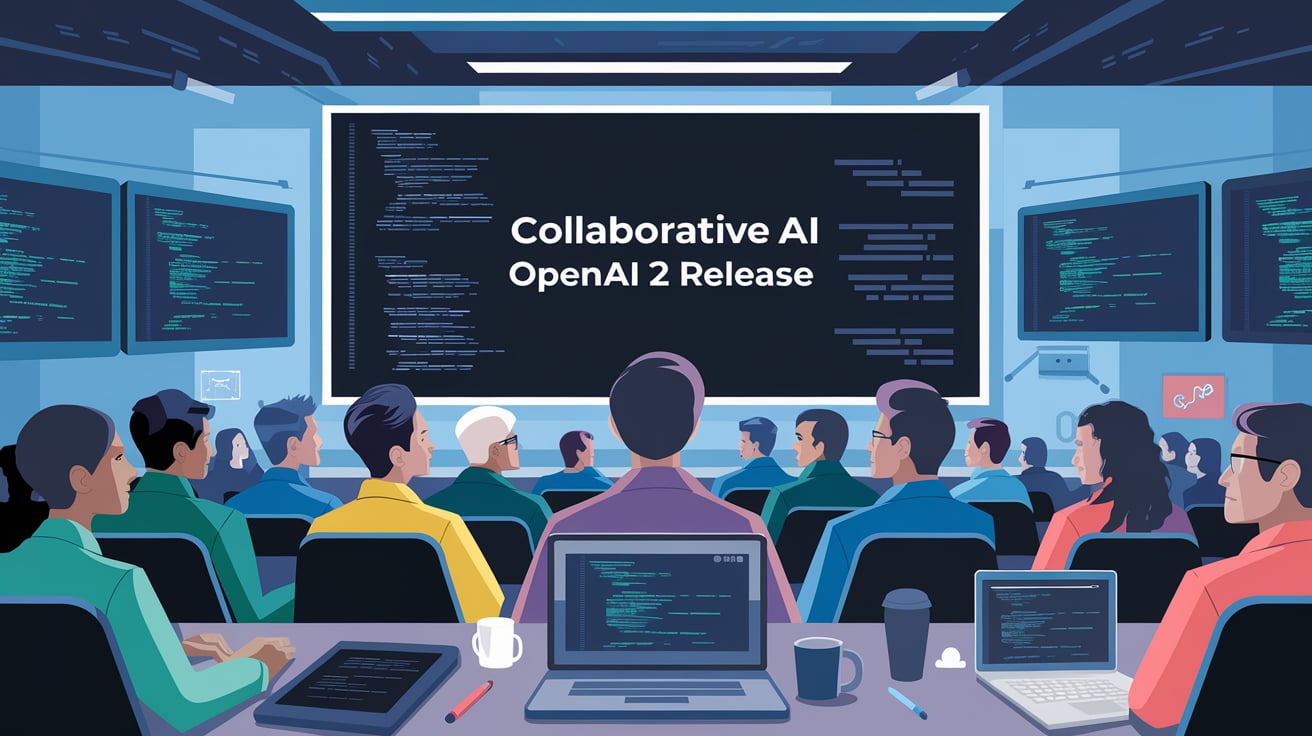


One thought on “The Best AI Databases to Use for AI Search in 2024”